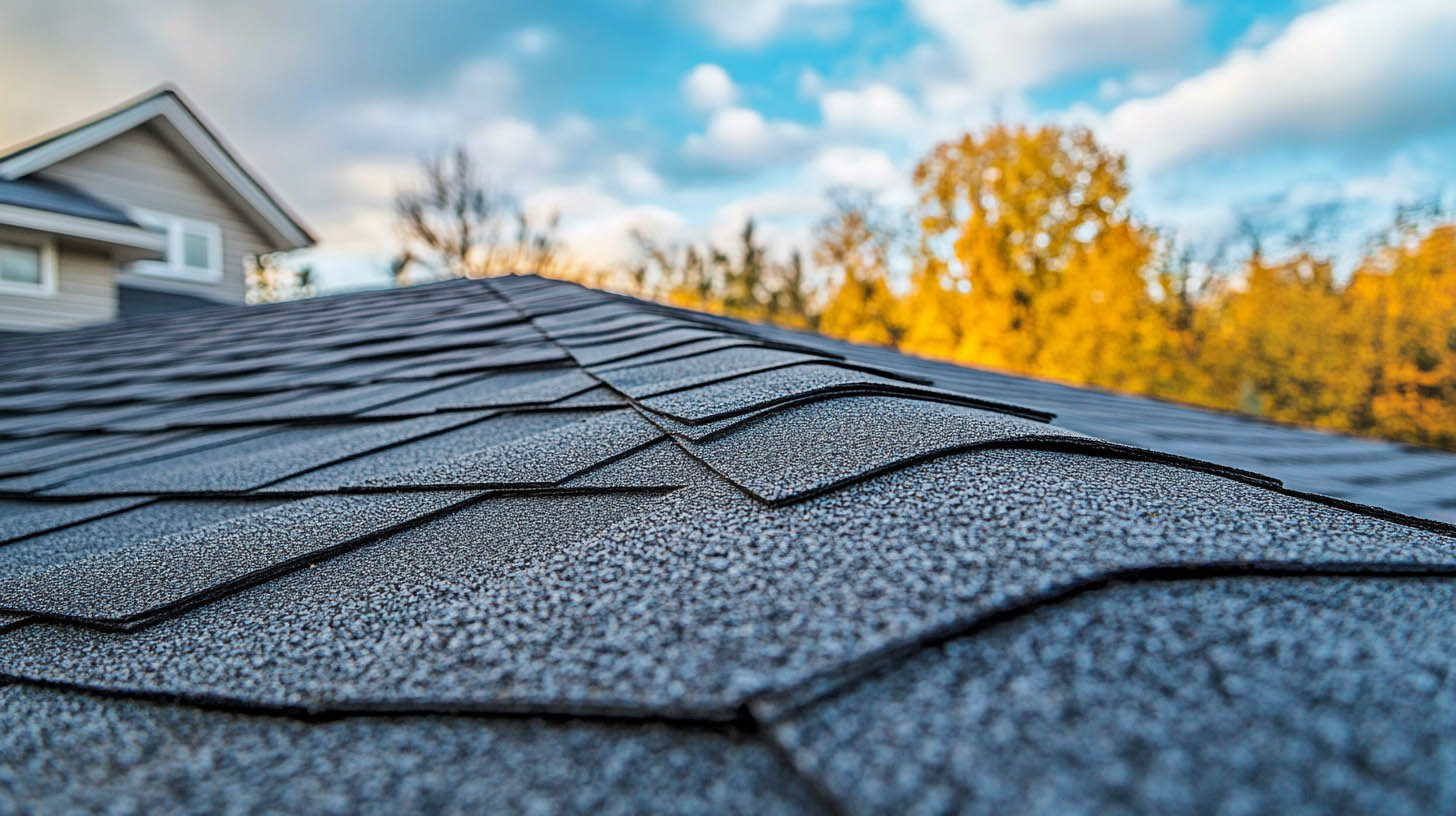
The lifespan of a roof depends on various factors, including the material, installation quality, environmental conditions, and maintenance. Understanding these factors helps homeowners plan for repairs, replacements, and long-term maintenance. For professional roofing services in Charleston, WV, Rainstoppers Roofing offers expertise you can trust.
Average Lifespan of Common Roofing Materials
Metal Roofs
Metal roofs are renowned for their durability and resistance to weather extremes. Depending on the type of metal (steel, aluminum, or copper), they can last 40 to 70 years or more with proper care. They are energy-efficient and eco-friendly but require professional installation to address expansion and contraction issues.
Asphalt Shingles
Asphalt shingles are cost-effective and versatile, with a lifespan of 20 to 30 years. Premium shingles and proper installation can enhance their longevity. Regular maintenance, including gutter cleaning and prompt repairs, is essential for maximizing their lifespan.
Clay and Concrete Tiles
Clay tiles can last 50 to over 100 years, while concrete tiles typically endure 30 to 50 years. They offer excellent durability and are resistant to fire and pests. However, they are heavier and may require additional structural support.
Unique Fact: Slate tiles are one of the longest-lasting materials, often exceeding 100 years, making them a premium choice for durability.
Rubber Roofs (EPDM)
Rubber roofs are a flexible and cost-effective option with a lifespan of 30 to 50 years. Their ability to expand and contract without cracking makes them ideal for extreme weather conditions.
Roof Cement
Roof cement is a temporary fix with a lifespan of about 3 to 5 years, suitable for minor leaks and gaps but not a long-term solution.
Factors Influencing Roof Longevity
- Material Quality: High-quality materials have longer lifespans and better resistance to damage.
- Installation: Proper installation ensures durability and minimizes the risk of early failure.
- Climate: Harsh weather conditions like heavy rainfall, snow, and intense sunlight can shorten a roof’s lifespan.
- Maintenance: Regular inspections and timely repairs extend the life of a roof.
- Ventilation: Proper attic ventilation prevents moisture buildup and reduces heat damage.
Tips to Extend Roof Lifespan
- Routine Inspections: Check for signs of wear and tear, such as missing shingles or leaks.
- Clean Gutters: Prevent water pooling and debris buildup that can damage the roof.
- Address Damage Promptly: Fixing small issues quickly prevents larger, costlier problems.
- Professional Maintenance: Schedule regular professional inspections to catch hidden issues.
Conclusion
Understanding the lifespan of different roofing materials and the factors that affect their longevity is crucial for proper planning and maintenance. Investing in high-quality materials, ensuring professional installation, and performing regular maintenance can significantly extend a roof’s lifespan. For reliable roofing solutions in Charleston, WV, Rainstoppers Roofing is your trusted partner for long-lasting and durable roofs.
FAQs
Q1: How long do solar panel roofs last?
Solar panels typically last 25 to 30 years, with proper installation extending the roof’s lifespan.
Q2: What’s the average lifespan of asphalt shingles?
Asphalt shingles generally last 20 to 30 years, depending on quality and maintenance.
Q3: Can regular inspections prevent roof replacements?
Yes, early detection and repairs during inspections can extend the life of your roof, delaying the need for replacement.To find roofing companies near you offering free estimates, click here.
